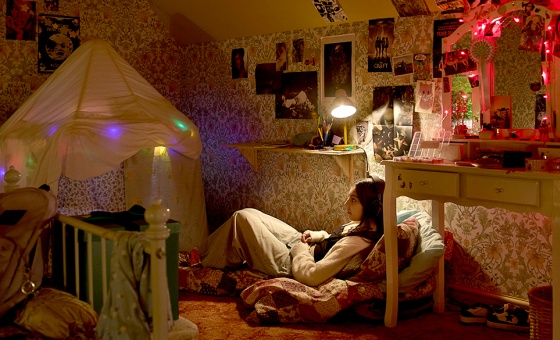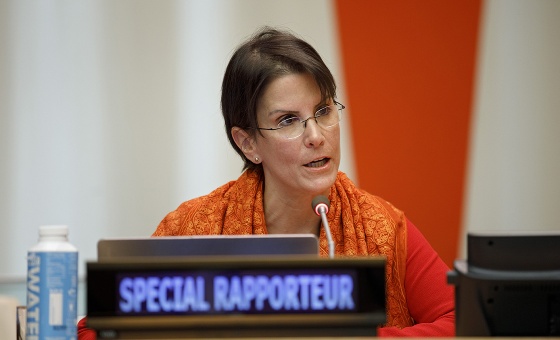This is the last article you can read this month
You can read more article this month
You can read more articles this month
Sorry your limit is up for this month
Reset on:
Please help support the Morning Star by subscribing here
THE collapse of the Afghan economy has pushed 40 per cent into food poverty with millions of families dependent on aid, British charity Islamic Relief has warned.
The country is suffering one of the world’s biggest humanitarian crises but funding is drying up as international attention fades away two years after the Taliban retook control, it added.
More than 29 million people — almost three-quarters of the population — are said to now require humanitarian aid as rural health clinics and basic services come to a halt.
Women and girls have been particularly affected with some 60,000 women losing their jobs after last month’s closure of beauty parlours.
Informal community-run school classes for girls set up following a Taliban ban on their secondary education have also been shutting down due to lack of funds, the charity said.
Umair Hasan, Islamic Relief’s country director in Afghanistan, said: “Two years on it feels like the eyes of the world have shifted away from people here.
“In the villages where we work I’ve met mothers in tears because they’re struggling to feed their children, farmers whose crops have dried up, and girls and boys who are increasingly losing hope for the future.
“People are desperate for a better life but they don’t want handouts — they just want the chance to find work and earn a living.
“We need the international community to take a long-term approach to Afghanistan that meets humanitarian needs, steps up diplomatic engagement and resumes development assistance to support the economy, boost employment and keep vital public services like schools, clinics and water systems functioning.
“Afghan communities and local humanitarian staff are working tirelessly for a better future, but they need more support.”
British foreign aid has focused on “shorter-term UK interests” instead of helping the poor, the aid watchdog found in June.
The Independent Commission for Aid Impact review said Britain had shifted its focus to where its potential trading opportunities are stronger at the expense of poorer countries.
Former prime minister Gordon Brown, now the UN’s special envoy for global education, said the International Criminal Court should prosecute Taliban leaders over a crime against humanity for denying Afghan women and girls education and employment.
He made the comments on the two-year anniversary of the fall of Kabul on Wednesday.









